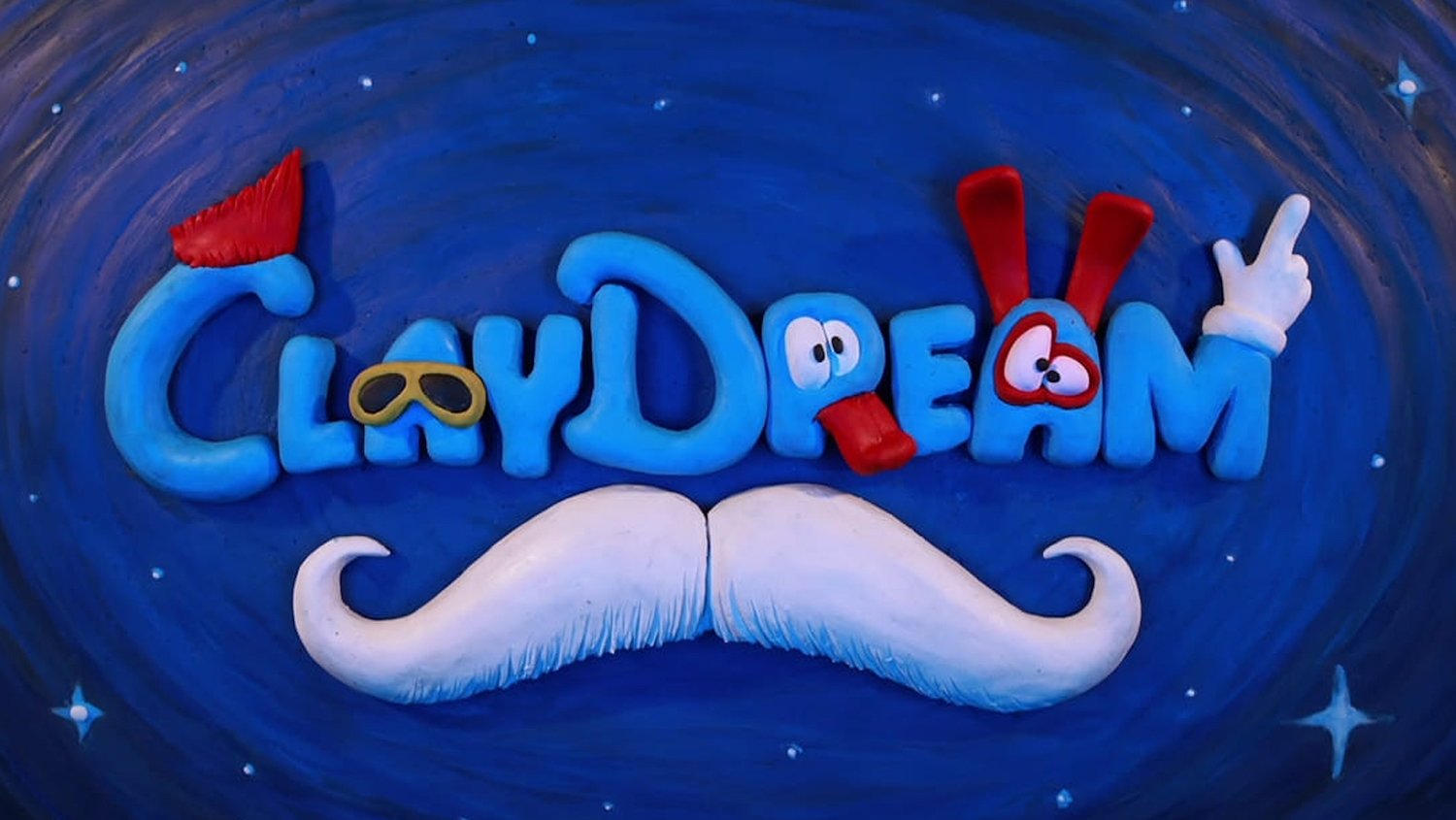Director Marq Evans of “Claydream” hadn’t expected to be a documentary filmmaker. But as circumstances had it, he fell into the craft.
Evans, who studied business and …
This item is available in full to subscribers.
We have recently launched a new and improved website. To continue reading, you will need to either log into your subscriber account, or purchase a new subscription.
If you had an active account on our previous website, then you have an account here. Simply reset your password to regain access to your account.
If you did not have an account on our previous website, but are a current print subscriber, click here to set up your website account.
Otherwise, click here to view your options for subscribing.
* Having trouble? Call our circulation department at 360-385-2900, or email our support.
Please log in to continue |
|

Director Marq Evans of “Claydream” hadn’t expected to be a documentary filmmaker. But as circumstances had it, he fell into the craft.
Evans, who studied business and marketing, took interest in the industry rather late, when he was 26. Although he had no idea that filmmaking was in his future, he had always had ideas and hopes of doing something creative, but assumed that meant starting a business.
“I grew up making collages,” he said, cutting pictures out of magazines.
“I think of documentaries like that in a way because you’re telling a story first and foremost,” he added.
Evans’ debut documentary, “Claydream,” delves into the many lives and characters of Will Vinton, the man who pioneered and coined the term “claymation” in the 1970s.
Vinton, who passed away in 2018, had a remarkable career sculpting characters and stories out of clay.
The inspiration for the documentary first came about in 2015, when the headline, “How Will Vinton Lost His Studio to a Rapper Named Chilly Tee’’ caught Evans’ eye.
While most would be grabbed by the article itself, Marq already knew some of Vinton’s work from his childhood: the California Raisins; Vinton’s Christmas claymation specials, and his trademark mustache.
After finishing the article, Evans reached out the same day to Vinton.
His wife replied, saying, “He’ll meet with you, but he’s not interested in doing a documentary.”
They met at a Starbucks in Portland and talked for three hours, connecting immediately.
Vinton was still not interested in doing a film, but agreed to stay in touch. They talked every couple of weeks.
“I think he was putting me through a little bit of a test,” Evans explained.
But it must have been clear to Vinton that Evans was very serious about the project. After about six months, Vinton finally agreed to be in the documentary, and from that point on the material came in abundance.
There were tons of Vinton’s personal archives to sort through, as well as footage from the Academy of some of Vinton’s early work that had been stored in higher quality. The documentary covers some 70 years of Vinton’s life, from early childhood home movies to modern interviews. With so much material to go through, and so many people to speak with, Evans explained how stories often change and unfold through the process of making a large-scale documentary.
“One thing you do have to be careful of in documentaries, certainly if you’re following something in real time, is that you think you know the story,” he said.
“And then you miss the story that is actually happening right in front of you.”
In the case of “Claydream,” there was an ever unfolding present-day element to the film that Evans had to adapt to, including unexpected events in the life of Vinton.
Stream “Claydream” for $15 via the Port Townsend Film Fest website, at https://watch.eventive.org/ptff2021/
play/61155b5ee4667500
b60046e2.